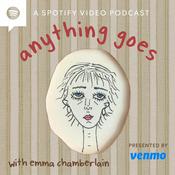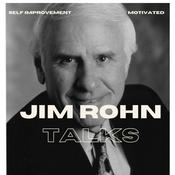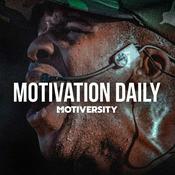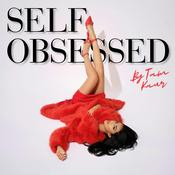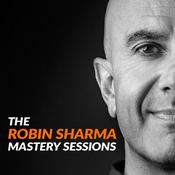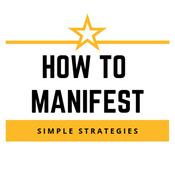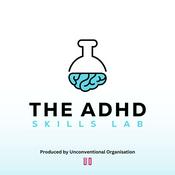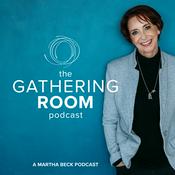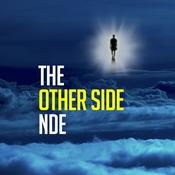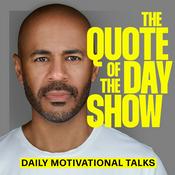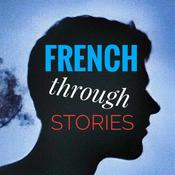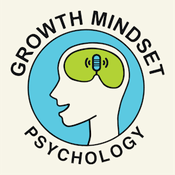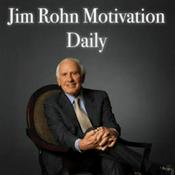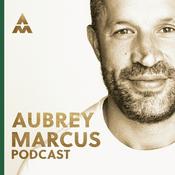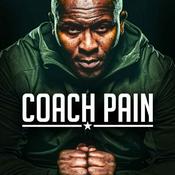11 episodes
- In this second episode of Good History's fall 2025 special series on music and history, OSU History professor Doug Miller speaks with Steve Jenkins, Senior Director of the Bob Dylan Center, about music as a historical medium and the work of curating Bob Dylan’s archive in Tulsa. From a childhood in Los Angeles filled with the Beatles and Bob Dylan to teenage punk-club discoveries to a professional career creating exhibitions about Dylan's social and political impact, Jenkins explores how music makes history. Tune in!
- In this episode of Good History, OSU History professor Doug Miller speaks with entrepreneur and preservationist Teresa Knox about music, memory, and place. From her roots in West Tulsa to owning Leon Russell’s famed Church Studio, Knox shares how community pride, creative labor, and the Tulsa Sound shape her mission to preserve Oklahoma unique history for future generations.
- In spring 2025, the OSU Department of History was lucky to host the writer Nick Romeo, who visited campus to speak about the history and future of capitalism. Those themes are also the subject of his recent book, The Alternative: How to Build a Just Economy. Join guest host Dr. Greg Kosc for a wide-ranging conversation with Romeo about everything from ancient Greek philosophy and Virginia Woolf to economic inequality and the current challenges facing both journalism and higher education
- Dr. Jim Hess is the president of Oklahoma State University and a seasoned leader with over forty years of experience in healthcare and higher education. He is also an enthusiast of the study of history and a champion of the land-grant mission. To quote President Hess: “Of all the things you could do in life, working for a land-grant university, it’s like a moral calling.” Join us for a wide-ranging conversation with OSU's 20th president about leadership of a land-grant institution, the study of history, and the study of history as a lesson in leadership.
- Rhys Gay has worn many hats: advocate for Oklahoma families, VP for the Butterfly Network, Pistol Pete (OSU’s cowboy mascot, for which Rhys literally did wear a huge hat), and OSU history major. Join us for a conversation about how historical thinking gained at OSU shaped Rhys journey into the US healthcare industry, community leadership, and personal ethics. To quote from the interview: “A history degree is actually is just a key to being a good human and a good citizen.”
More Education podcasts
Trending Education podcasts
About Good History
Studying History is not for the faint of heart. It knocks us out of our comfort zone. But maybe that's the point. Good History is a podcast from the Oklahoma State University History Department inspired by Oklahoma native Dr. John Hope Franklin's wisdom that "A good historian is a moralist at heart." We ask historians: why do you study what you study? We ask people: how does knowing more about the past make your life, and our lives, better? And along the way we dig into a paradox: Americans love history—we fight over it bitterly--but many voice skepticism about its value in education. Why? Tune in to "Good History" to join the conversation and learn more about us here: https://cas.okstate.edu/history/
Podcast websiteListen to Good History, The Tony Robbins Podcast and many other podcasts from around the world with the radio.net app
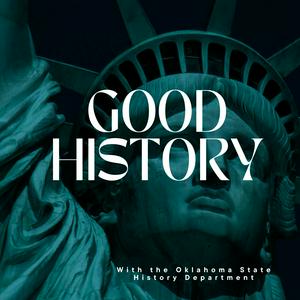
Get the free radio.net app
- Stations and podcasts to bookmark
- Stream via Wi-Fi or Bluetooth
- Supports Carplay & Android Auto
- Many other app features
Get the free radio.net app
- Stations and podcasts to bookmark
- Stream via Wi-Fi or Bluetooth
- Supports Carplay & Android Auto
- Many other app features


Good History
Scan code,
download the app,
start listening.
download the app,
start listening.


